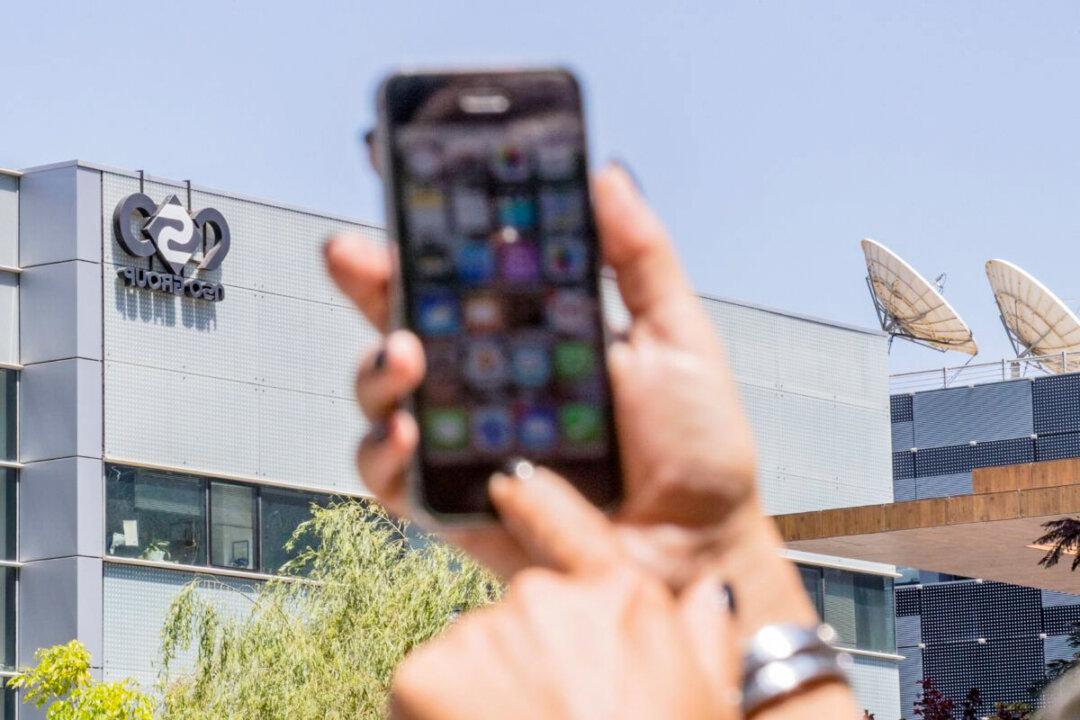Tech giant Apple released a statement in response to law enforcement officials’ assertions that the iPhone’s new “NameDrop” feature is a security risk.
Police and sheriff’s departments in multiple states this week issued warnings about an update on the iPhone and other Apple devices, known as NameDrop, that allows users to share contact details by holding two devices together.





